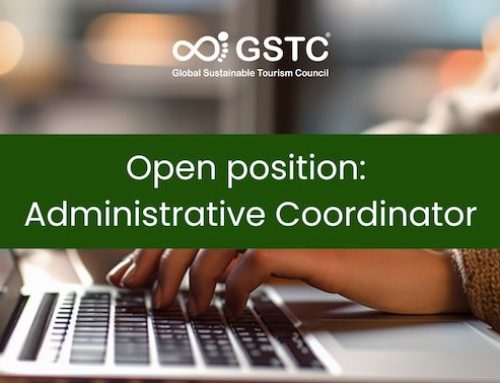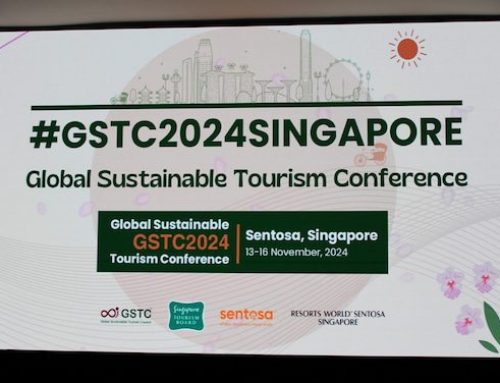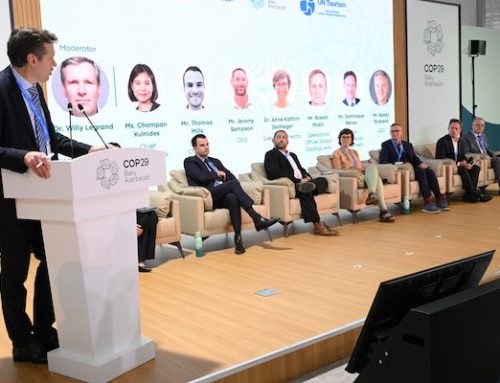Views of sustainability are evolving for the better in the travel and tourism industry, but Randy Durband, CEO of Global Sustainable Tourism Council (GSTC) says there is still room for improvement.
Since the start of GSTC’s work in 2007, has the travel and tourism community changed the way it regards sustainable tourism concepts?
Indeed, there have been very significant changes.
One, we had a role to define sustainability to include social issues, community impacts, cultural respect and heritage conservation, and governance that supports sustainability to go along with environmental issues.
Two, few businesses thought about sustainability in 2007. All too often we heard, “well, the customer isn’t asking for it”. Today, there is social, business and regulatory pressure to make a big change.
Three, back then, when businesses thought about sustainability, their typical action was to bring in a consultant. Today, businesses take a team approach.
One thing that has not changed – the industry does not understand how to apply standards and to speak the language of standards and verification systems. People refer to any form of external review as certification. We’re trying to get the word out that external review comes in many forms. For example, we’re partnering with WTTC to communicate that the WTTC Basics is a starting point for hotels to focus on a small number of attributes. Hotels should over time add more attributes they’re working on and higher levels of external review.
GSTC offers training and certification programmes – why are they increasingly important and necessary?
Awareness of the sustainability definition and training on how to do it are strongly needed. People always ask me how they can get certified. They expect me to tell them who to call and where to go online. However, I like to tell them to make their business practices more sustainable, which requires staff training, adjustments to processes and systems, self-awareness through honest self-assessment, and development of skills to report and provide evidence of compliance. Only after all that they might be ready to apply for certification.
In 2014 we launched a general course by teaching the essence of our two long-time standards, the GSTC Industry Criteria and the GSTC Destination Criteria. That is very successful, and continues to grow with online and offline classes in many languages.
We’ve added courses specific to industries, starting with hotels and now tour operators. The flagship course will carry on, but the real growth is providing staff and practitioners with very practical training.
Hotels of size should have at least five people taking such classes; not just the engineer but all department managers and perhaps more.
Are there aspects of sustainability that are not getting enough attention within the global travel and tourism arena?
Attention to social issues for staff and community impacts for residents is needed because sustainability is not just about carbon and plastics.
One critical social issue is skills training and management promotion opportunities for local residents including ethnic minorities. Businesses thrive when they’re part of the community, and there’s no better way than to hire, train, and promote community members into your business.
Rate Asia-Pacific’s progress in sustainable tourism development on a scale of 10. How do you see this score changing in the next decade?
I’m not fond of this question because scores are all over the place. Furthermore, I often hear Asians say that they are behind Europeans on sustainability; to that I say, your societies have been a bit behind but you’re all rapidly catching up.
We’re working with several Asian hotel brands that are quickly rising above western ones. In part, this is due to a higher degree of ownership and therefore control than most western brands have with their franchise model.
Asians are ahead on innovation. Nobody does urban composting like the South Koreans and Japanese. Only Europe has the clean-energy high-speed rail networks that are on par with Japan or China.
Continue reading the original article in TTGAsia by Karen Yue here: https://www.ttgasia.com/2024/06/07/sustainability-is-calling/





